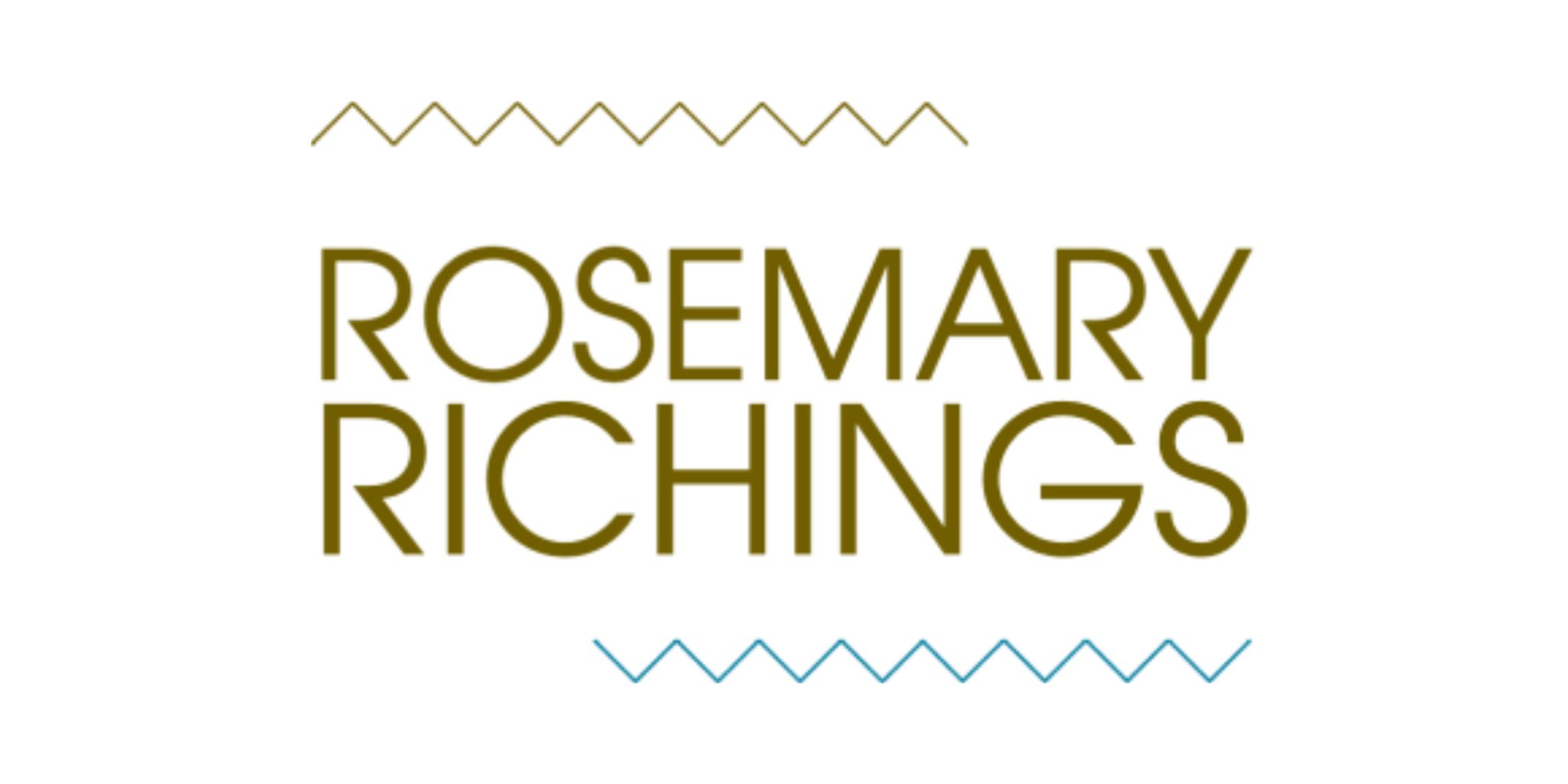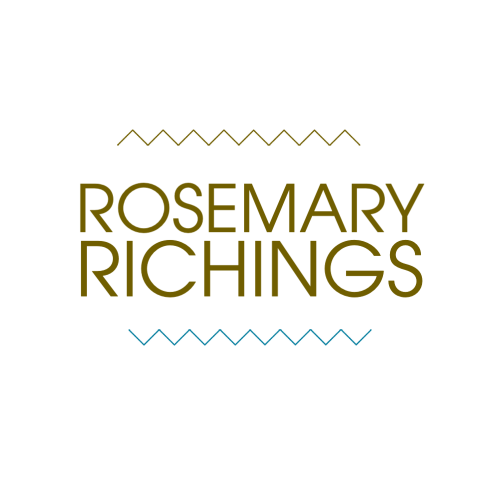Why should you limit your reach of your online platforms? The best part of doing that is you’ll have more time for activities – like blogging! But really, it’s about picking and choosing platforms that produce the most results.
Why should you limit the reach of your online platforms?
If you limit your reach of your online platforms, you’ll focus your reach across fewer platforms.
But don’t get me wrong. I’m not encouraging you to pick “any” platform – I’m actually encouraging you to limit the reach of your online platforms exclusively to the places where your target audience hangs out.
Comfort and familiarity with whatever interface you choose is important too.
For instance, a client recently told me they didn’t like Facebook and rarely use it. So, I told her to focus on the platforms she already had access to instead.
Here are some signs to look out for, that it’s time to shut down one of your online accounts.
1) The level of engagement is low
Sometimes, the platforms you’re using aren’t getting the results you’re hoping for, because of your approach.
But, sometimes it’s just the wrong platform for you.
Is this is a sign you need to shut down one of your social media accounts & limit the reach of your online platforms?
If you want to limit the reach of your online platforms, you need to track your social media engagement. According to BigCommerce:
While shares and likes tell you about the popularity of a given post, follows indicate a higher level of investment, meaning users want to see more of your content on a regular basis. Follows are therefore a type of conversion, similar to getting a visitor to sign up for an e-mail list.
However, when deciding how you’re going to limit the reach of your online platforms you need to consider to the context of your shares as well.
What are people saying about your brand, and why are they interested? Do they have any feedback about what you offer?
Finding the right platform is largely a trial and error process. So, the results weren’t what you hoped for, remember this small bit of wisdom from Peggy from Mad Men:

- If one blog post doesn’t lead to anything
- Or the reaction is the opposite of what you hoped
You might want to talk about yourself and your industry or communicate your message in a different way.
If the only reaction you get are cricket sounds, I recommend trying a tool that automatically picks the most popular sign in times for your followers. E.G: Buffer, Hootsuite, etc.
And if that doesn’t lead to any kind of reaction, shut down your account and try posting your social media and content marketing on other platforms.
When in doubt, ask people in your target audience what they prefer, and what they want to learn more about.
This will help you produce content that your target audience actually wants to pay attention to.
How can you actually do that?
On the Think Creative Collective blog, I wrote a post on finding your blog’s ideal audience that offers the following suggestions:
- Go to meet-up groups in your area where your ideal audience hangs out. Ask people what’s confusing the heck out of them, about whatever you want to write about.
- Join Facebook and LinkedIn groups where your ideal audience hangs out. Don’t be shy about asking them questions about what freaks them out about what you want to write about.
- Survey the followers you already have (and no, a small following is not an excuse to not try this out). Interfaces such as Typeform, Surveymonkey, and Google Forms are recommended.
- Try forums such as Quora, and find out what questions people have about your blog’s area of expertise.
Far too often, aspiring bloggers leave their audience’s interests out of the equation. This leads to their blog not getting the results they hoped for.
When in doubt about which topics and platforms are the most ideal for your audience, just ask!
2) Showing up feels like a chore…
No matter what, showing up online is hard work. And the part that often discourages people is just how long it takes for it to pay off.
Just to give you an idea of exactly how long, it can take as long as 6-9 months to see results. The only way to speed things up is to increase how often you publish new posts.
However, not everyone is in a position to publish more frequently without sacrificing the quality of their content. Because sometimes this involves outsourcing or using apps and tools that aren’t free or cheap. Then there’s the matter of stamina, which is worth factoring in because self-care is still important.
But if you’re not at least enjoying the process, there’s something wrong…
A great example of this is my past Facebook Live experiences. I did a lot of Facebook Live appearances both on my Facebook Page, and for other people, in the spring of 2018.
Unfortunately, everything about my personality means that I’m not winning any public speaking awards anytime soon. So, every time I went live my entire body behaved the same way it does when I watch a scary movie. Even though I looked confident on the outside, my heart was beating at a rate that was so fast, that I could feel the adrenaline pulsating through my veins. Then, I started sweating even though I was in an apartment with very moderate room temperature.
Next thing I knew I was talking way faster than what’s actually normal for me.
It wasn’t until I found myself teaching an audience of like-minded people about something I’m passionate about that I felt comfortable with the process of going live.
If you feel that while facing the toughest parts of content marketing…
- From coming up with new ideas
- To facing criticism with bravery…
Then do yourself a favour and listen to your instincts. Because your mind and body is telling you that you should limit the reach of your online platforms that don’t come naturally to you.
Because you could be like Violeta Nedvoka’s friend who got so out of touch with her own needs, that she made herself sick.
Or you could focus just on the things that feel the most natural to you and feel the fulfilment and rewards of attracting just the people that understand your way of living.
There are enough options these days, that you can Marie Kondo the heck out of your marketing strategy:

This probably sounds surprising. Because I have written so many articles about why people should invest time in platforms their audience hangs out on.
But here’s a refreshing stat I want you to keep in mind:
The average American uses three out of eight of the available online platforms.
So as long as your audience can find you on at least one hang-out spot in common, you’ll be totally fine!
And since good marketing is about consistency, being consistent will feel a lot easier if you also enjoy the process.
Think back on the last time you tried to break a bad habit, and actually succeeded at. Didn’t it feel easier to maintain once you included something you love to do in the process?
The same principle applies when you want to limit the reach of your online platforms as well.
3) Your expectations are totally different than reality
As I already mentioned, no matter what type of content marketing you choose, the results won’t happen overnight.
In fact, I see this all the time in the Anchor FM Facebook community. It’s a very beginner-friendly podcasting platform, and that’s absolutely wonderful. But that also means that sometimes people’s expectations are different than reality:

Sometimes this means that people turn things around, and organize their schedules so that they can accommodate something as time-consuming as a podcast.
And sometimes, this means that they have to let that project go, to accommodate other things.
If you’re trying something brand new…
Talk to people who have been building an audience, via your platform of interest for a while. However, you won’t know for sure if it’s the right fit for you, until you try it out.
For example, for me my current “I’m not sure if it’s worth it” platform, is Instagram Stories. It seems like everyone I respect seems to be talking to people on a regular basis on that platform. But I have a confession to make. Even though I have an Instagram account, I’ve never used the Instagram Stories feature.
And so many people are recommending it to me. As a result, I have two options:
- Not bother with the platform, and take advantage of the platforms I already have access to.
- Experiment with it once or twice just to judge what I think of it, and how my audience responses.
That’s exactly what it boils down to for you as well…
If, after getting to know your audience a little bit better, you think a specific platform would be something they enjoy, try it out.
You can always stop blogging or podcasting, or shut down a social media account if it’s just not working for you.
But I would love to know: when did you know that it was time to shut down a social media account, or stop prioritizing a specific type of content marketing? Feel free to share your experience in the comment section below.
And if the problem is how you’re organizing and automating your time and content, feel free to check out my blogging tool recommendations.
PS: New articles are published bi-weekly on Mondays. Browse more posts:
50+ B2B articles →
100+ writer-to-writer articles →




